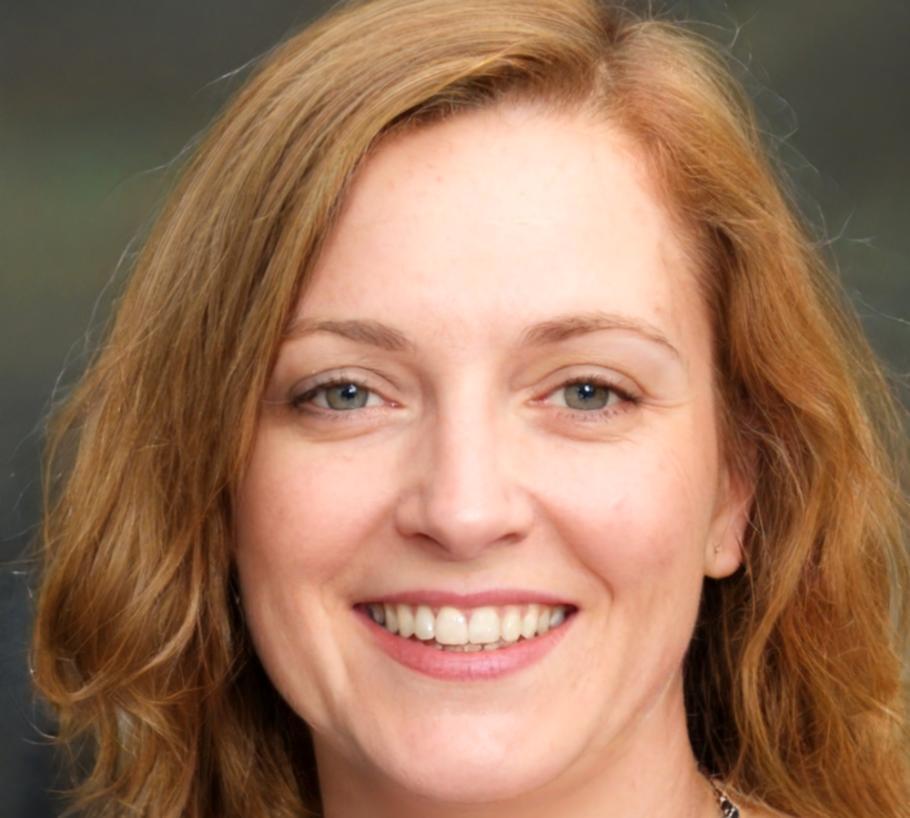From Monthly Scramble to Daily Clarity
Krakow-based marketing consultant Brigid O'Leary spent three years doing what most of us do—throwing receipts in a drawer and hoping for the best. Tax season was brutal. She'd spend entire weekends sorting through crumpled papers, trying to remember which coffee meeting was actually a client discussion.
In February 2024, after missing several deductible expenses (again), she decided enough was enough. Started using proper expense tracking in March. The first month felt awkward—she kept forgetting to log things right away. By May, though? Different story entirely.
What Changed First
The biggest surprise wasn't some dramatic transformation. It was small things: knowing exactly what she spent on client meetings each month, catching duplicate subscriptions she'd forgotten about, actually having her tax documents ready when her accountant asked. Nothing revolutionary, just reliable.


